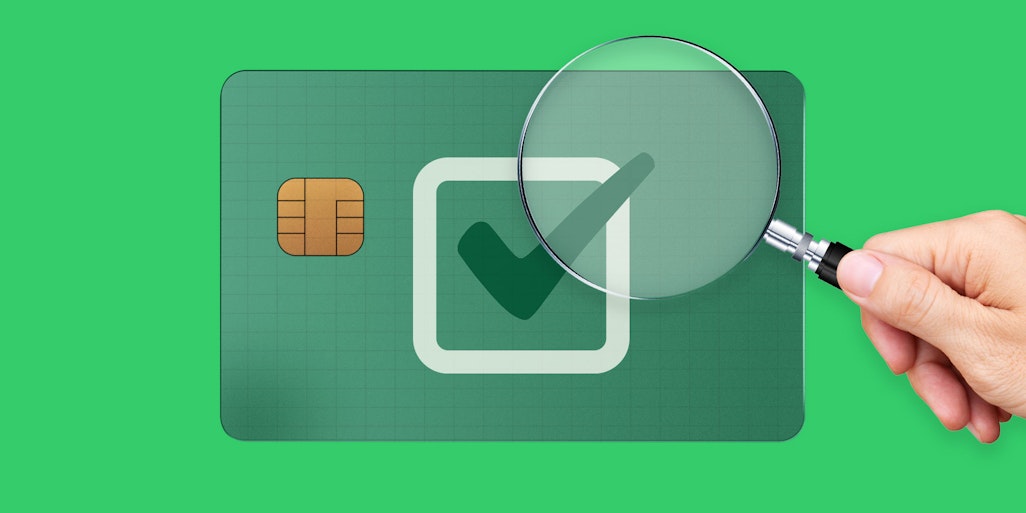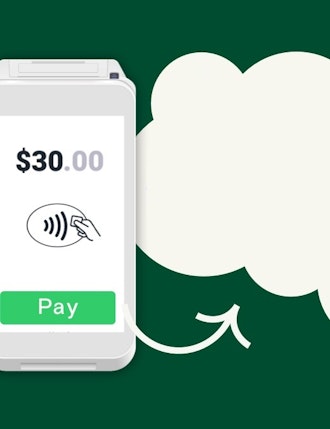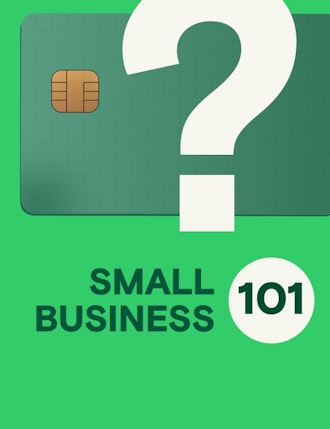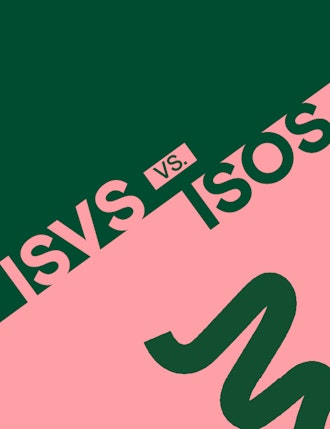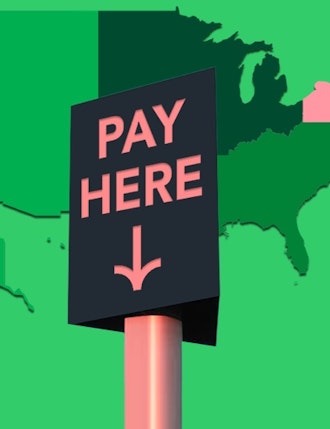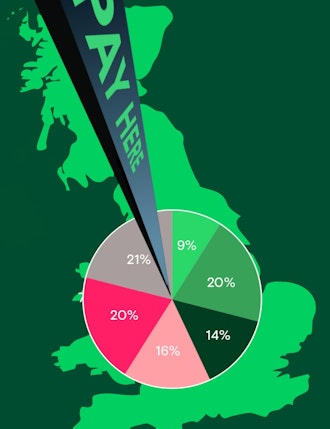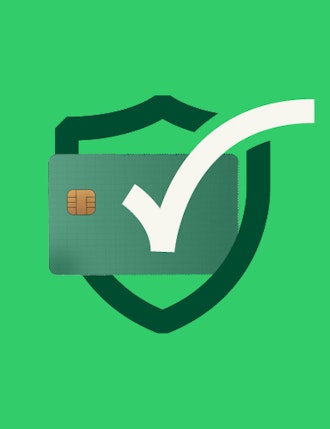Key Insights
-
Payment gateway compliance is essential to protect customer data, avoid penalties, and maintain trust in your platform and services.
-
PCI DSS compliance updates become mandatory in April 2025 - preparing now reduces risk and costly disruptions for your merchants.
-
Real-world breaches, like SelectBlinds in 2024, show how non-compliance can lead to stolen card data, legal action, and reputational damage.
-
Aevi’s cloud-based platform supports PCI DSS compliance with secure, API-driven payments, encryption, and regular security audits.
Don't have time to read more now? Sign up to our newsletter to get the latest insights directly in your inbox.
Consider a retail business owner who’s just adopted a new payment solution that you’ve provided for them - they’re looking forward to smoother transactions and robust security. However, months later, a data breach occurs due to non-compliant payment processing. The consequence of which? Financial penalties and a damaged reputation. Who are they looking to for blame? Well, the answer might just be…you as their payment solution provider.
For ISVs, PSPs, and payment enablers, this scenario is a real risk, but it’s also avoidable. In the following pages, we’ll break down what payment gateway compliance means, why Payment Card Industry Data Security Standard (PCI DSS) compliance is essential, and how it directly impacts your business customers. You’ll also discover practical steps to help merchants stay compliant while keeping transactions secure, as well as the all-important major updates to PCI DSS set to become mandatory in 2025. By the end, you’ll have a clear understanding of compliance risks and how Aevi’s cloud-based platform is built with payment gateway compliant and PCI DSS compliance at its core.
What is an online payment gateway and why does compliance matter?
A customer is ready to pay - whether they’re shopping online or in-store - and with a quick tap or click, their payment is on its way. Behind the scenes, an online payment gateway facilitates e-commerce transactions, acting as the link between the merchant’s website and the financial institutions processing the payment. It encrypts and transmits sensitive cardholder data, ensuring payment details move securely from customer to bank.
For in-person transactions, a payment gateway designed for in-store environments plays a similar role - connecting the merchant’s POS system to the payment processor.
But if that gateway - online or in-person - isn’t compliant? That secure connection can break down. Data can be intercepted, systems breached, and businesses exposed to fraud, regulatory fines, and a loss of customer trust. This is why compliance with PCI DSS is critical for any payment gateway handling cardholder data.
PCI compliance and the industry standard for secure transactions
The PCI DSS is a globally recognized security framework designed to protect cardholder data. Any entity handling credit or debit card transactions must comply with PCI DSS to maintain secure operations and safeguard sensitive information.
Non-compliance with PCI DSS can result in:
- Substantial fines for businesses and payment providers
- Increased risk of fraud, chargebacks, and data breaches
- Erosion of customer trust and damage to brand reputation
For you, as an ISV or PSP, compliance plays a key role in the service you provide. Your merchants trust you to deliver payment solutions that are both secure and compliant, helping them operate with confidence. With the right payment infrastructure in place, they don’t have to worry about security risks or compliance complexities, they can focus on what they do best: running and growing their business.
Meeting these standards protects sensitive data and also strengthens your relationships with clients, ultimately reinforcing the reliability of your platform.
What you need to know about the upcoming PCI DSS updates…
PCI DSS v4.0.1 introduces new security requirements that have been considered best practices until March 2025, but will become mandatory for all entities starting April 2025. If you manage a PCI DSS compliance program for your business or your merchants, it’s crucial to define processes and implement controls now to ensure ongoing compliance.
Delaying compliance with these updated standards not only risks penalties for non-compliance but also increases exposure to security incidents, data breaches, and costly reactive measures. The potential fallout - financial losses, reputational damage, and eroded customer trust - can far outweigh the investment needed for timely preparation.
As a reminder, according to Statista, the estimated annual cost of cybercrime is projected to reach $10.29 trillion USD in 2025.
For a more detailed understanding of protecting yours and your merchants’ businesses against cybercrime in payments, read our ‘Cybersecurity in Payments’ article.
When it comes to security safeguarding, the cost of inaction is too high - start planning now to stay protected. But what happens when businesses don’t? The consequences can be severe, as seen in recent high-profile breaches.
Real-world consequences of PCI DSS non-compliance
Take SelectBlinds, for example. In late 2024, the online retailer disclosed a major data breach that affected over 200,000 customers. Hackers injected malicious code - a “Magecart” style credit card skimmer - into the checkout page, silently collecting payment details from January to September 2024. The attackers stole full card data, including CVV codes, along with personal information and login credentials. Security experts noted the breach was especially severe due to the volume and sensitivity of data exposed.
The breach exploited weaknesses in SelectBlinds’ website security, suggesting failures in PCI DSS compliance, including poor patch management and inadequate transaction monitoring. The malware went undetected for nine months, exposing a gap in critical PCI-required controls. In response, SelectBlinds removed the skimmer, locked customer accounts, and issued warnings. Legal actions and investigations followed. The incident damaged the retailer’s reputation and serves as a reminder that PCI DSS compliance is essential to protect customer data and prevent costly breaches.
"Compliance with payment regulations means adhering to PCI security standards and local data protection laws to ensure secure transactions. Implementing recent industry standards in technology and cryptography, conducting regular security assessments, and being up to date on evolving regulations not only mitigates risks but also builds customer trust in payment security."
Ervín Bottyán, Security Compliance Manager, Aevi
Now, of course this is an extreme example, and should be viewed as a cautionary tale of what could happen when there’s a lack of PCI DSS compliance, opposed to what will happen. Fortunately, businesses aren’t powerless against compliance risks. By choosing the right payment software, they can protect transactions, data, and customer trust.
How Aevi ensures PCI DSS compliance for secure payments
Navigating the complexities of payment compliance can be daunting. However, partnering with a reliable payment gateway provider can take the pressure off. Aevi's cloud-based payment orchestration platform is designed with compliance at its core, ensuring secure, PCI DSS-compliant transactions without adding complexity.
Key features of Aevi's platform include:
- Comprehensive PCI DSS compliance
Every transaction processed through Aevi adheres to PCI security requirements, protecting cardholder data from fraud and breaches. - Advanced encryption and tokenization
Sensitive payment details are encrypted and tokenized, ensuring data remains secure even if intercepted. - Regular security audits and compliance updates
Aevi conducts regular audits to stay ahead of evolving compliance standards, ensuring continuous protection for your business and your merchants. - Secure API-driven payment gateway
Aevi's platform integrates with existing systems, being device agnostic while maintaining the highest security standards, and offers a seamless and secure payment experience.
What you and your merchants need to do to stay PCI DSS compliant
For ISVs and PSPs, maintaining PCI compliance is an ongoing responsibility. To protect your business customers, here’s a quick checklist on the steps you can take to guarantee this:
- Choose a PCI-compliant payment gateway
- Educate merchants on PCI DSS compliance
- Regularly audit payment processes
- Partner with trusted providers like Aevi
Taking these proactive steps helps safeguard your merchants against potential breaches, and avoids costly penalties; it also reinforces their trust in your services. Staying ahead of evolving compliance requirements protects businesses from risk and creates a more stable, secure foundation for growth. With the right approach and partners in place, PCI DSS compliance becomes less of a burden and more of a competitive advantage.
Are you ready to strengthen your compliance strategy? Let's discuss how Aevi can help protect your merchants and their customers.
Interested in reading more around this subject? Here are some useful articles…
